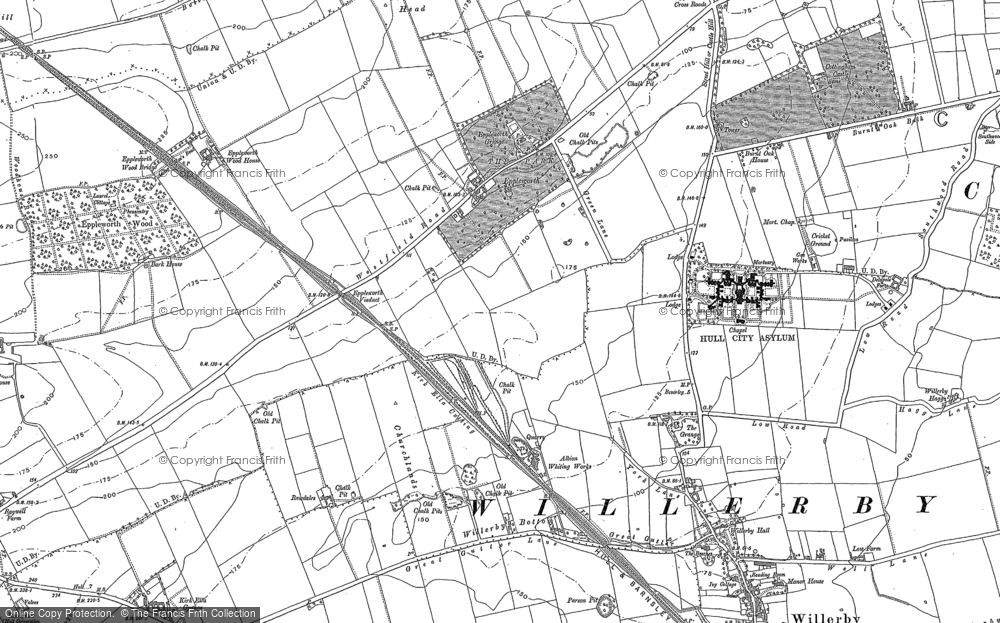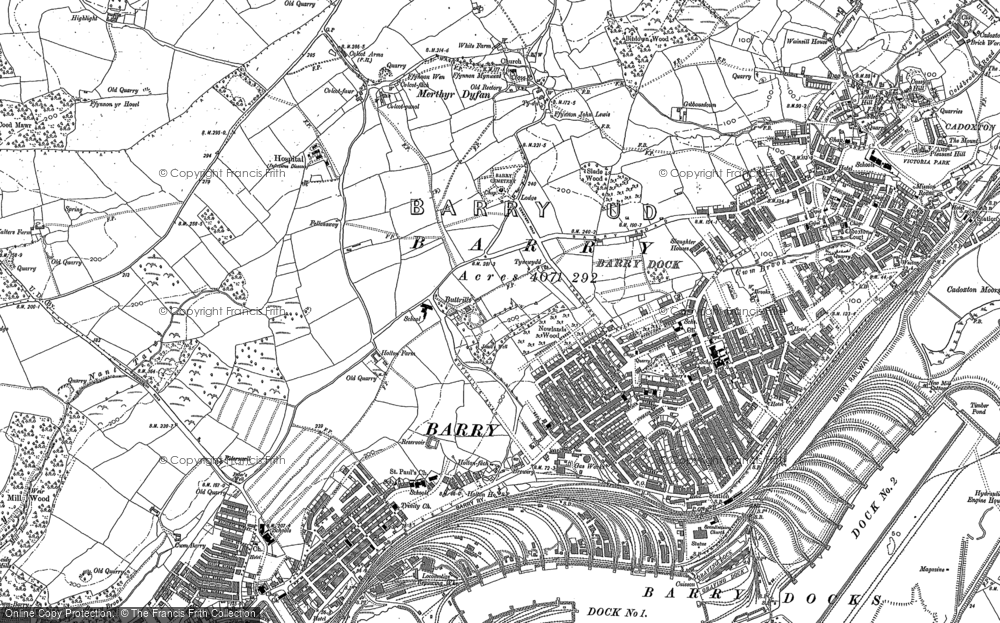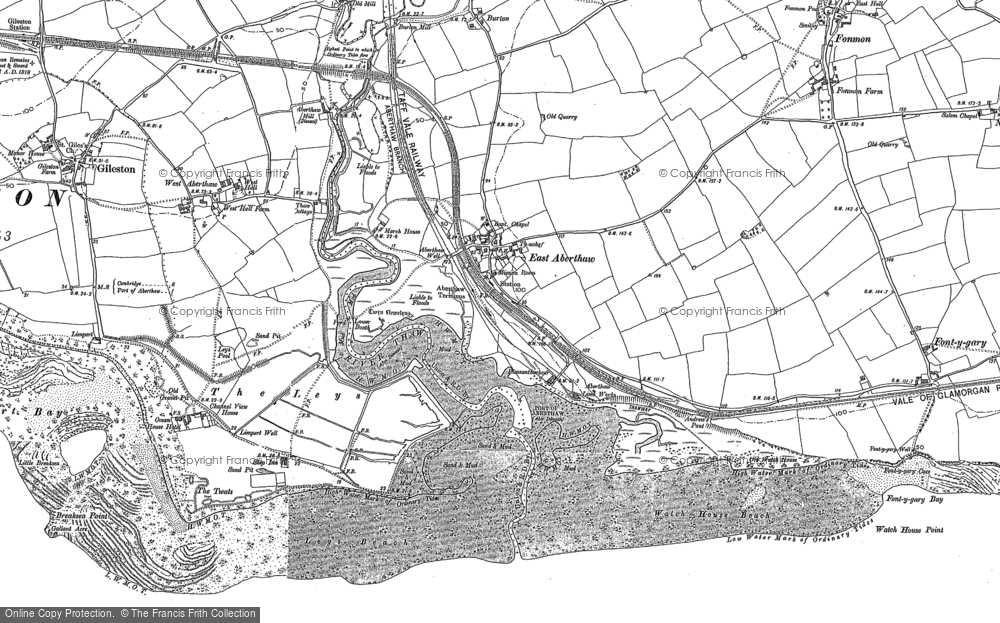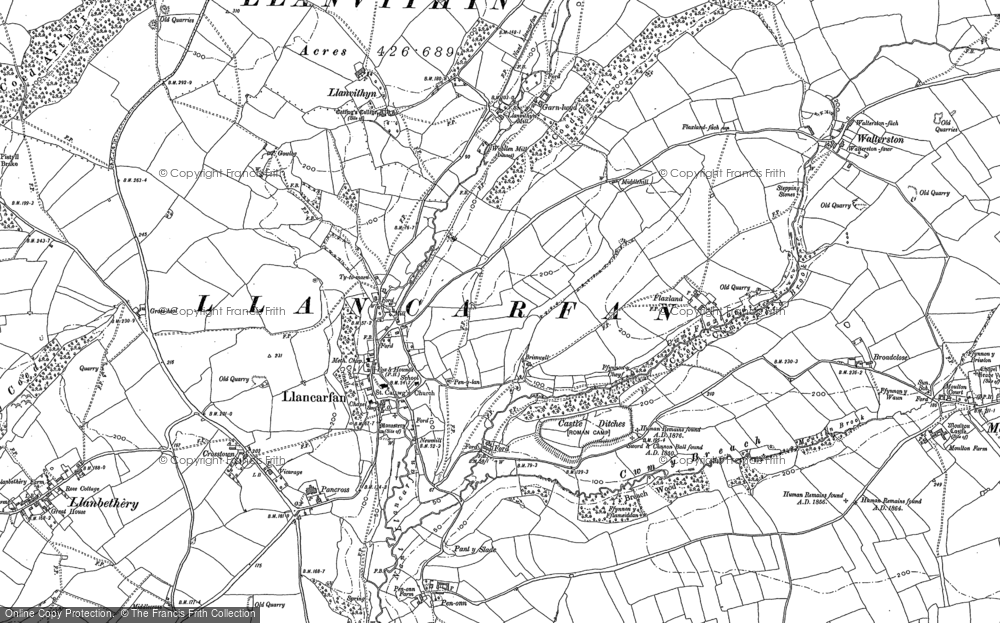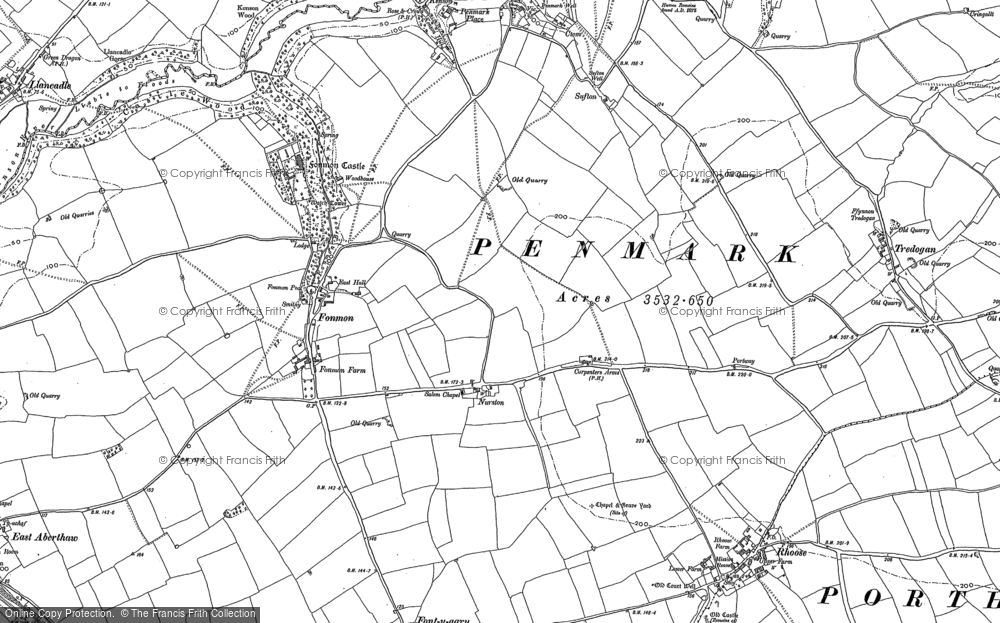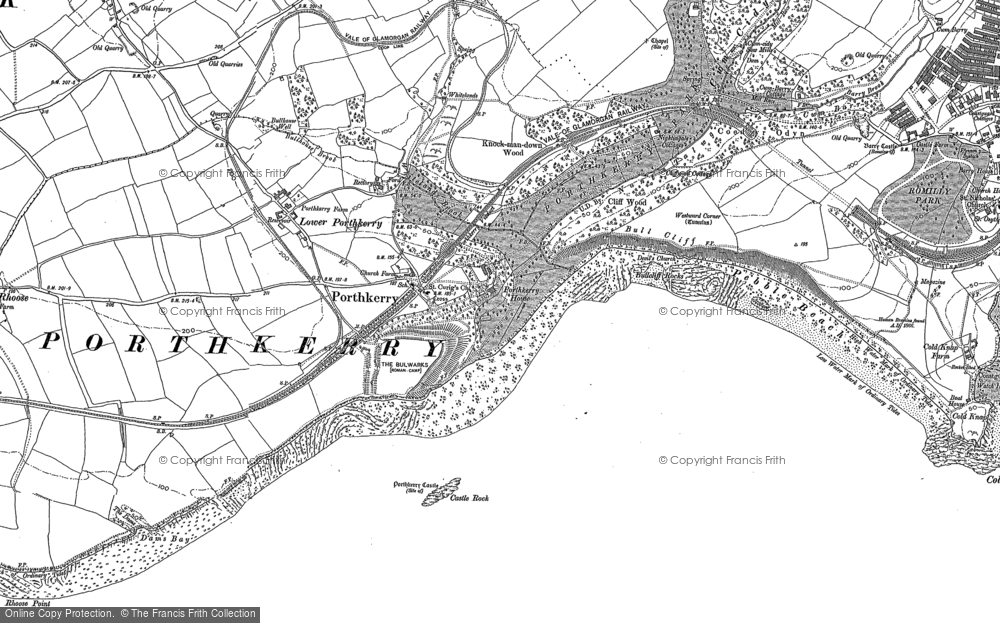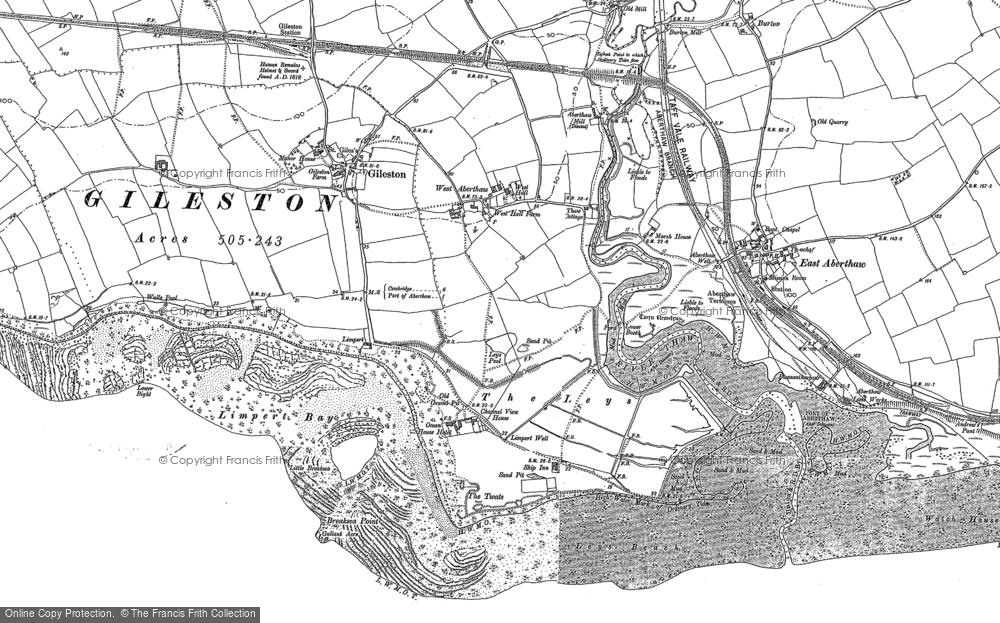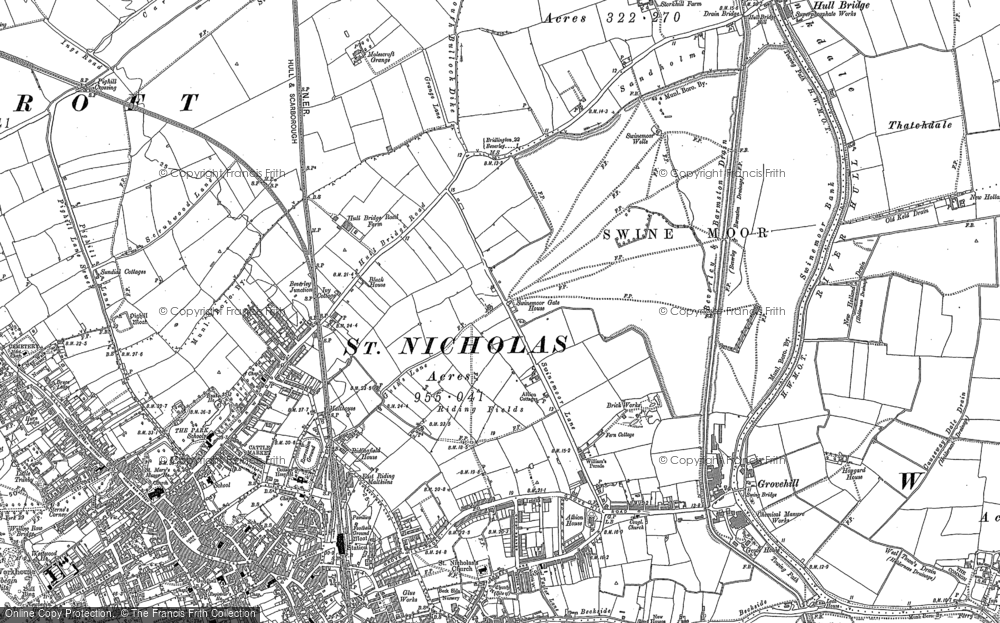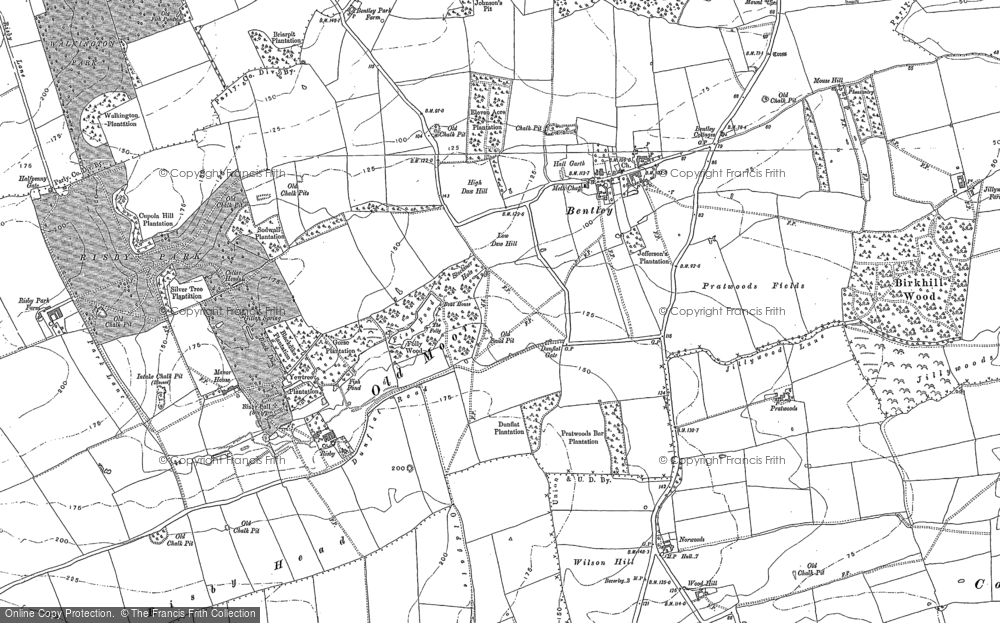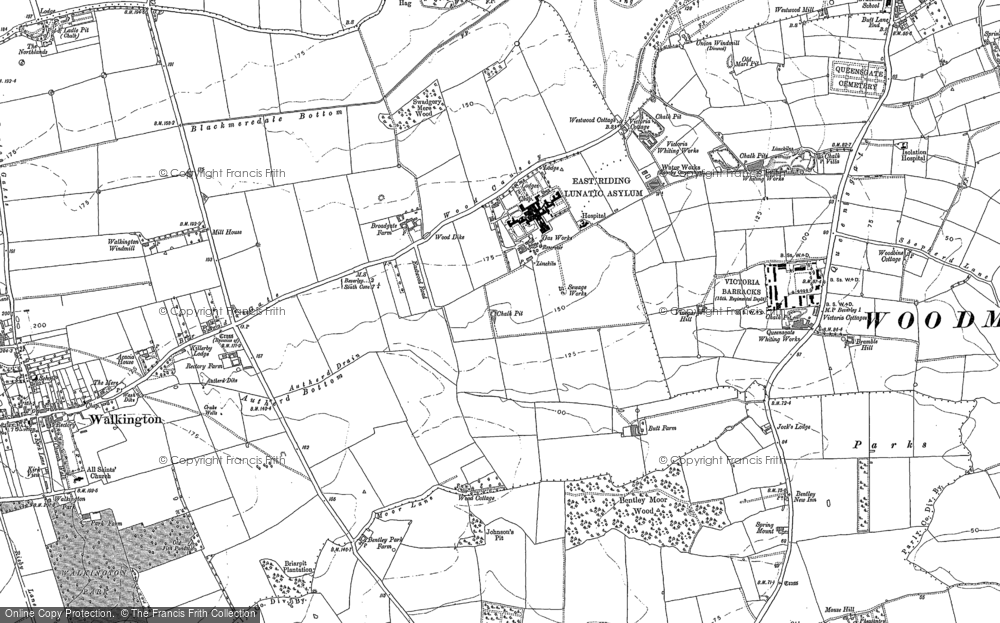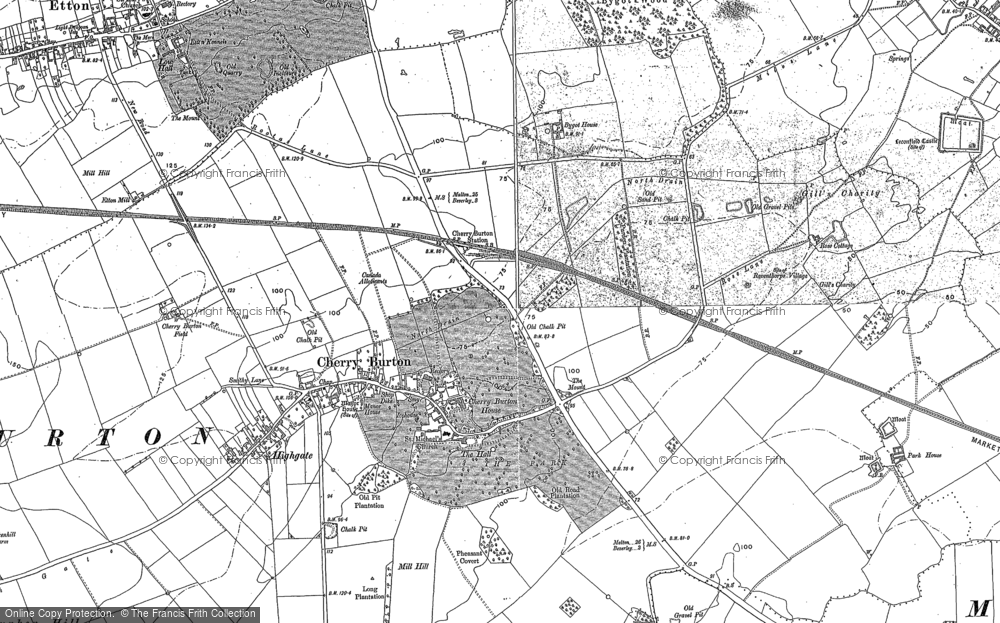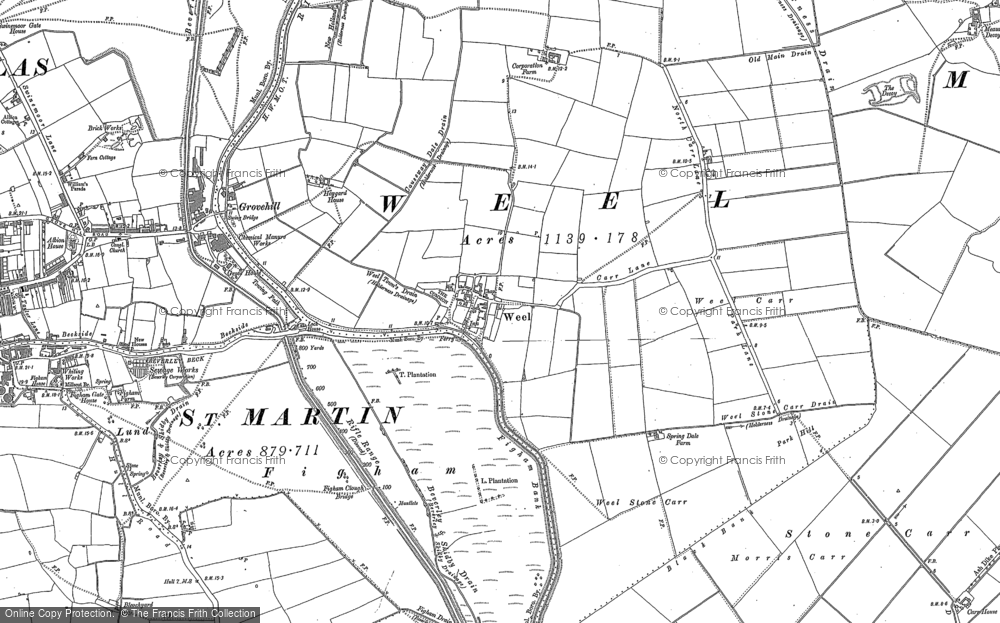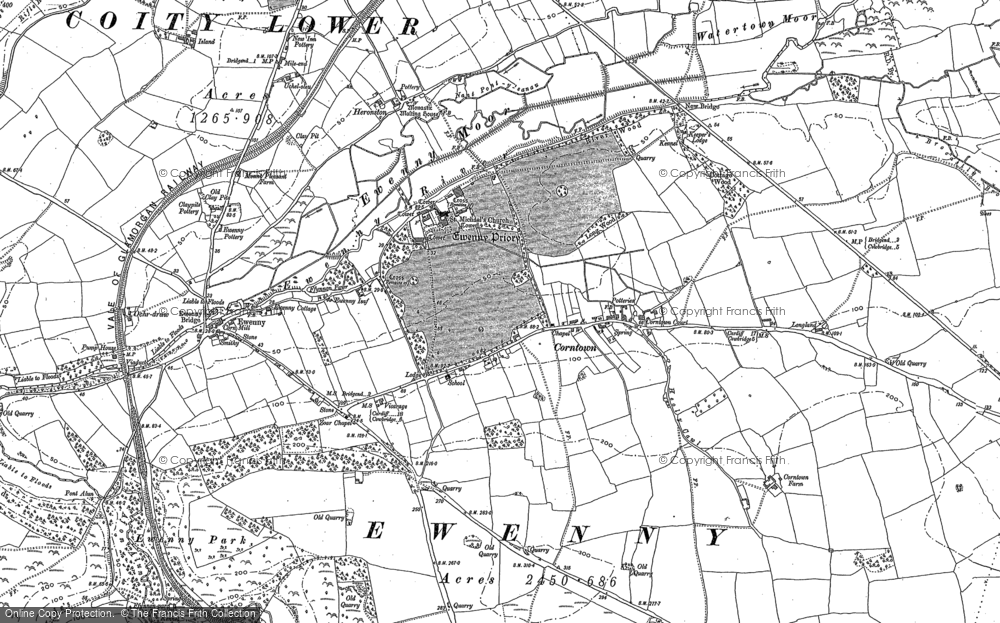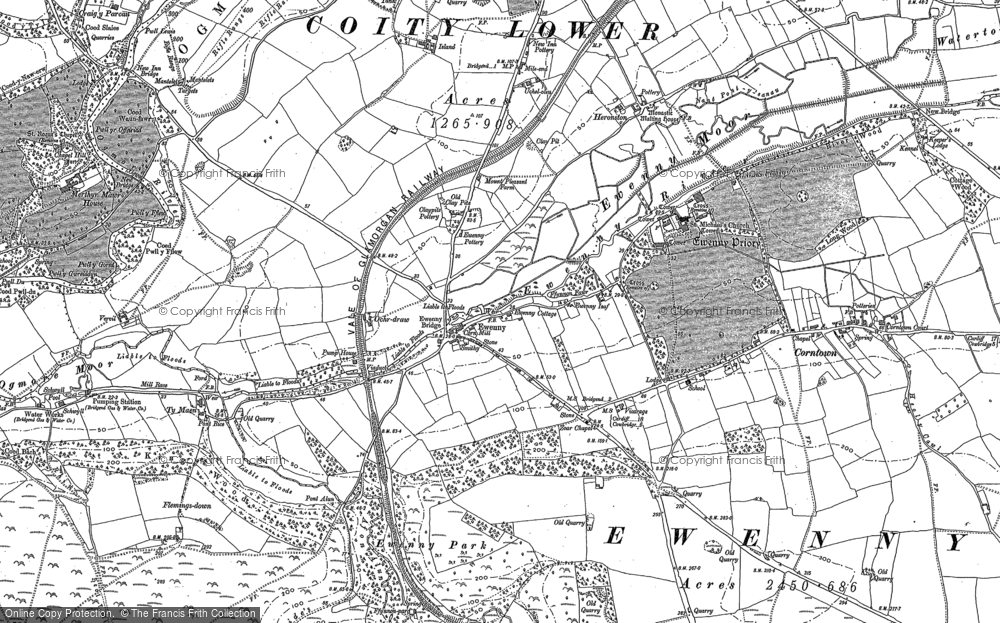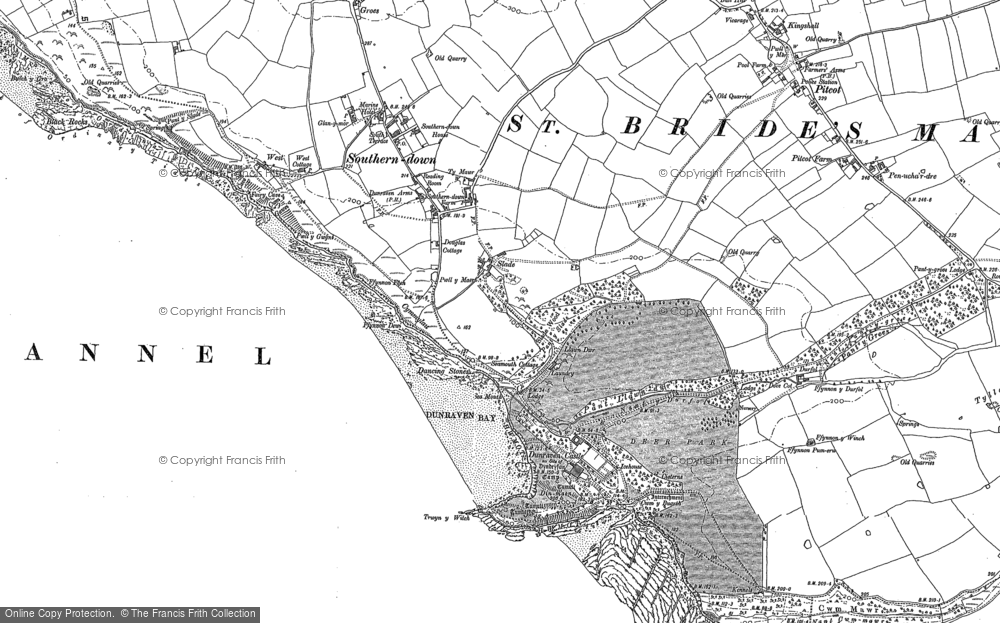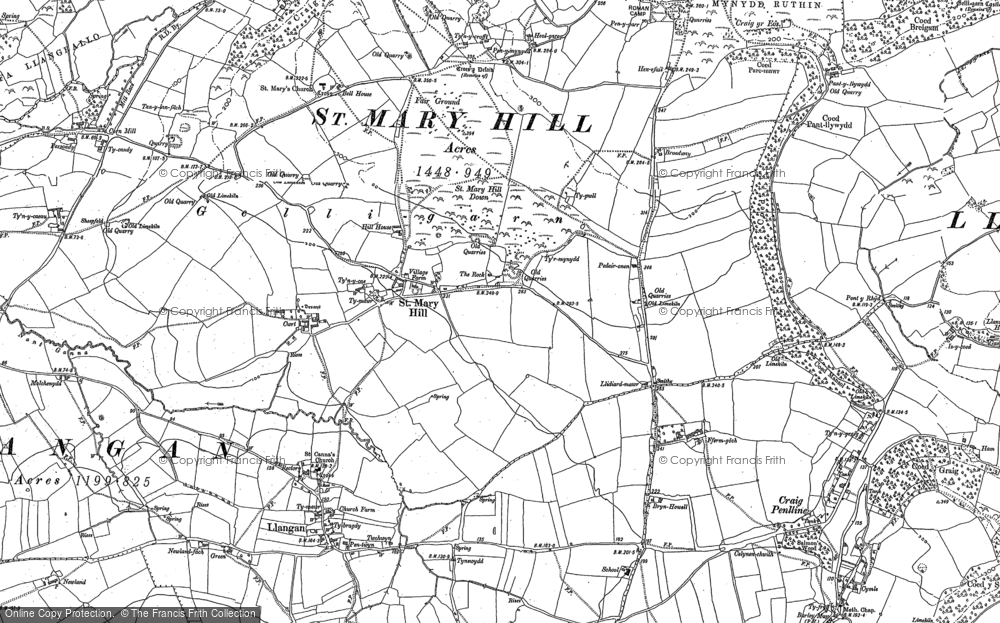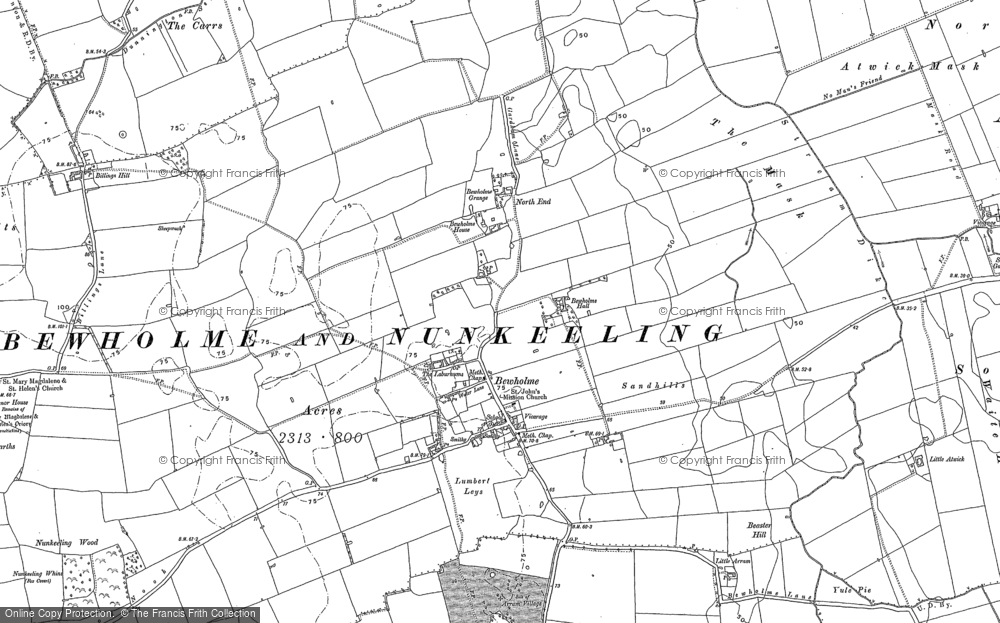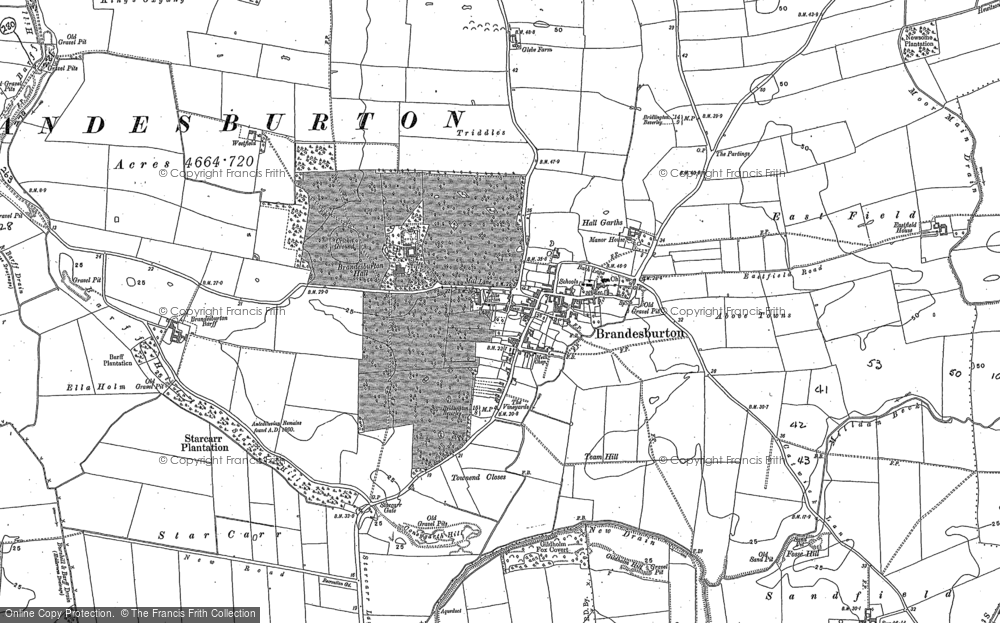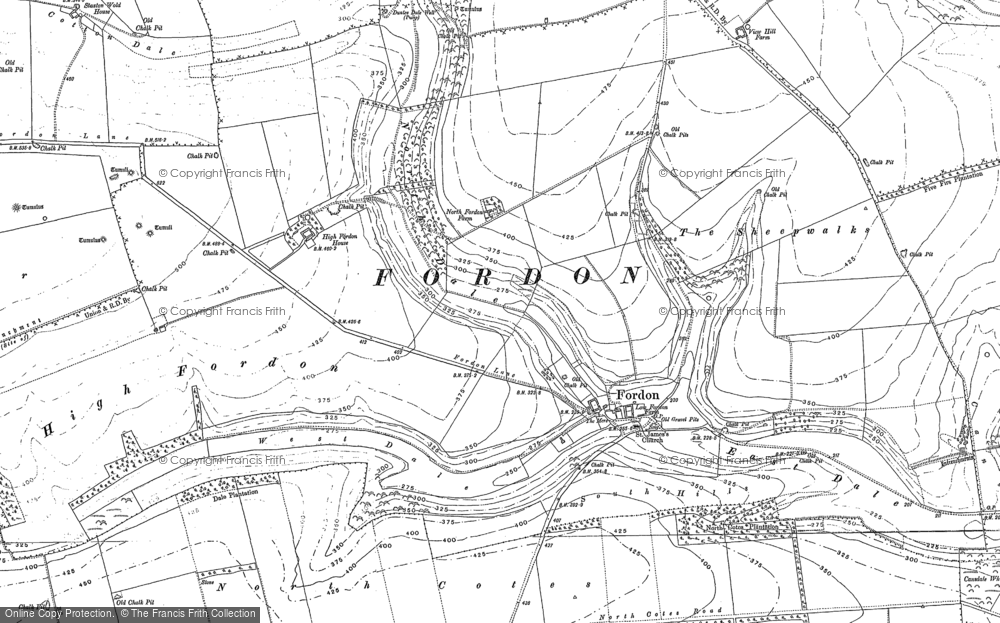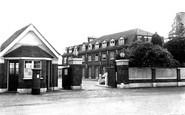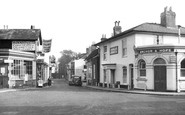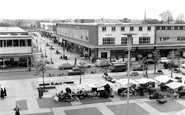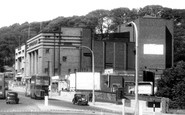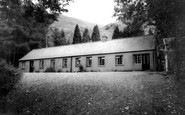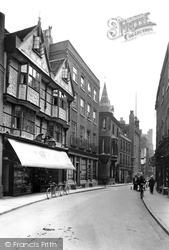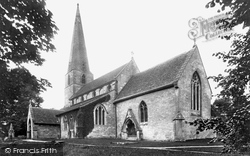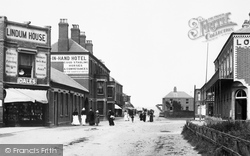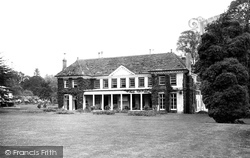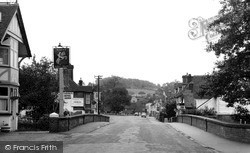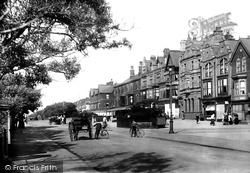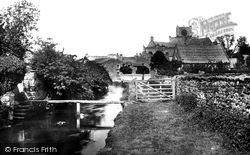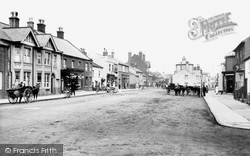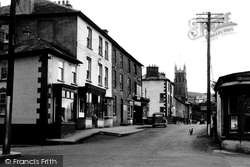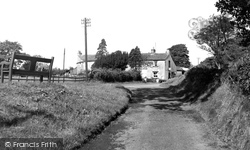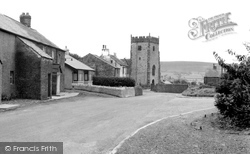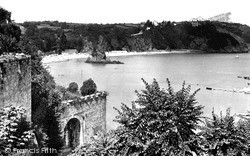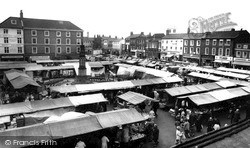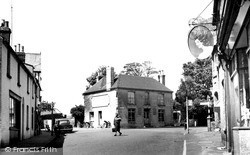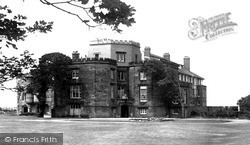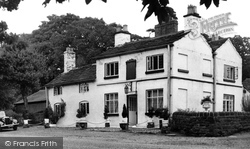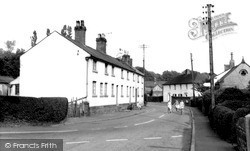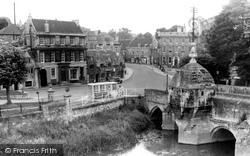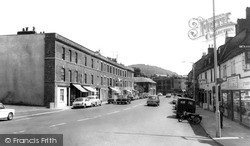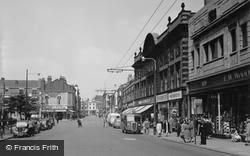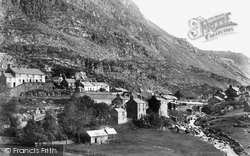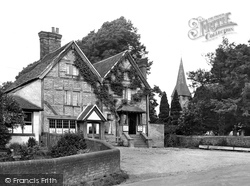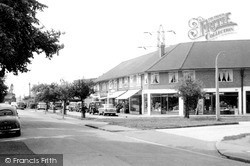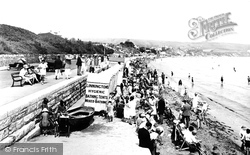Merry Christmas & Happy New Year!
Christmas Deliveries: If you placed an order on or before midday on Friday 19th December for Christmas delivery it was despatched before the Royal Mail or Parcel Force deadline and therefore should be received in time for Christmas. Orders placed after midday on Friday 19th December will be delivered in the New Year.
Please Note: Our offices and factory are now closed until Monday 5th January when we will be pleased to deal with any queries that have arisen during the holiday period.
During the holiday our Gift Cards may still be ordered for any last minute orders and will be sent automatically by email direct to your recipient - see here: Gift Cards
Places
Sorry, no places were found that related to your search.
Photos
Sorry, no photos were found that related to your search.
Maps
7,034 maps found.
Books
163 books found. Showing results 6,121 to 6,144.
Memories
22,913 memories found. Showing results 2,551 to 2,560.
My Dad Was At Hendon Police School In 1958
My late father was a police officer with the Royal Malaysian Police between 1953 and 1982 inclusive. In the early years of his career he served under several British officers and was sent to the thick ...Read more
A memory of Colindale in 1958 by
Growing Up
I have some very happy memories of growing up in and around Burwash. Both sets of my grandparents lived in Swife Lane. Mr and Mrs Frederick owned Corner Farm, where my mum grew up, and Mr and Mrs Smith lived in Byeways. I remember as a ...Read more
A memory of Burwash in 1972 by
1946
My name is John Lewis. I was born in Blackmill in 1946 in a cottage on the mountain, lived in the village later, played soccer with my friends and in the early 1950s we all went and watched children's TV in Lloyds Farm. It was a very ...Read more
A memory of Blackmill in 1946
Fun On The Ferry
Around about l956/57 we would all go to dances or parties in Southampton and of course, from memory, the last bus home to Hythe/Holbury/Fawley/Calshot was about 10.30p.m. Inevitably we girls missed it so there was a mad ...Read more
A memory of Hythe in 1956 by
Working At Blagg Son And Masefield
I remember living on Charles Street in Cheadle, used to walk to Blaggson and Masefield every day and on Saturday mornings. My best friend was Julie Bryant, we loved dancing at the guild hall. My ...Read more
A memory of Cheadle in 1962 by
Childhood Memories
I was born in Hereford County Hospital in 1945 and together with my twin sister was bought back to Broad View, Llangrove where I lived with my Mum and Dad and older brother from 1945 until I got married in 1965. My Dad had ...Read more
A memory of Llangrove in 1950 by
Cranford Shops 1980s 2010
Starting from Tesco Express: This used to be a block of about 2 or 3 shops which included a building society and a travel agent. Next to this was Barclays Bank which closed down in the late 1980s/early 1990s. It remained ...Read more
A memory of Cranford
Harlow Market
This was the year we moved to Harlow from Tottenham. The market was much nicer then than it has been since, especially since the council put up those awful permanent stalls. At the corner of the market nearest the clock on the wall ...Read more
A memory of Harlow in 1960 by
The Cinema
We used to use both Dudley cinemas a lot when we were students from 1967-70. The trouble was that we had to be back at our hall of residence by 10 o'clock, and nearly always missed the ends of the films. I catch up with them on the TV now!
A memory of Dudley by
Happy Memories
I first was introduced Plas Y Nant by The Rev. Ken D Beardsley who took a large group of us youngsters from the Methodist church in Menston Yorkshire in 1966. We were there introduced to the the formidable, affectionately known ...Read more
A memory of Betws Garmon in 1966 by
Your search returned a large number of results. Please try to refine your search further.
Captions
9,654 captions found. Showing results 6,121 to 6,144.
The 1st Eastern General Hospital was set up in Nevile's Court in Trinity College at the beginning of World War 1, with beds placed around the cloisters.
Dating mainly from the 13th and 14th centuries, and with a lofty spire dating from the time of Agincourt, the church of All Saints was extensively restored in 1862 by the Reverend W H Lowder, who had
This view, with something of a frontier town feel in 1890, is now the brashly cheery High Street. At this time, though, it is much more sedate.
The poet Percy Bysshe Shelley, eldest son of Sir Timothy Shelley MP, was born on 4 August 1792 at Field Place in Warnham, where he spent his childhood.
Although deserted when this picture was taken, this attractive village was populated enough to sustain two pubs, the George and Dragon, left, and the Chequers Inn beyond.
More fine buildings are in evidence in this parade of quality shops. Bickerstaffe's the ironmonger's is behind the fluted lamp, and Rhodes the butcher's (with the sun blinds) is to the right.
This fine clapper bridge has gone, but not the Methodist church to the right, which was completed two decades before the photograph was taken.
This photograph was taken from the entrance to the former East Suffolk Hotel, now the Aldeburgh Festival Office.
This scene suggests that before the advent of modern tourism there was little to disturb the peace, and a dog could safely wander the streets without fear of traffic.
The café is in the building at the top of the lane, with a post office and grocer's under the signs.
St Bartholomew's church dates back to 1240, but even before that there was a church on this high ground. The strong tower appeared in 1450.
The old smoke house (foreground) was built in 1848 in a romantic style to resemble an ancient castle, complete with mock stone cannons which aided the drainage from the private garden above.
The tour now reaches the northern part of the county, perhaps the least visited part of Nottinghamshire. The largest towns are Worksop and East Retford – Worksop was covered in Chapter 4.
This view was taken at the top of the High Street. In the centre is the New Inn public house and tea gardens, formerly owned by Cobbs' Brewery.
Built in 1592 for Ferdinand, 5th Earl of Derby, to enable him to watch horse-racing on the sands at Meols, Leasowe Castle was converted into a hotel in 1982.
The Edge was famous for its copper mines, so that this pub was originally called the Miners' Arms.
It was once said of the village that 'Puddington is singularly quiet; it is so quiet that it has never yet reached the fame of a picture postcard'.
This view up St Margaret's Street shows two fine Georgian buildings: the one on the left has a Tuscan-columned doorway, and the one on the right is Westbury House.
This photograph was taken at the corner of Sambourne Road looking towards Carter's Corner, Nos 50–54A High Street and No 2 Portway, recently restored by the Warminster Preservation Trust.
Once upon a time, quiet, low- pollution trolley buses brought people into Church Street, which, before its uninspired redevelopment, was the main shopping thoroughfare.
The Welsh slate industry developed in the heart of the mountains, and this resulted in settlements in some very bleak and exposed places.
To the south of the village, brick making has been an important local industry.
Owing to 20th century development, as seen here in Station Road, Stoke D'Abernon has merged into Cobham. However, the village does have the county's oldest church.
At the turn of the century they were for 'Ladies Only' and protected the privacy of users by being pushed to the water on wheels.
Places (0)
Photos (0)
Memories (22913)
Books (163)
Maps (7034)


